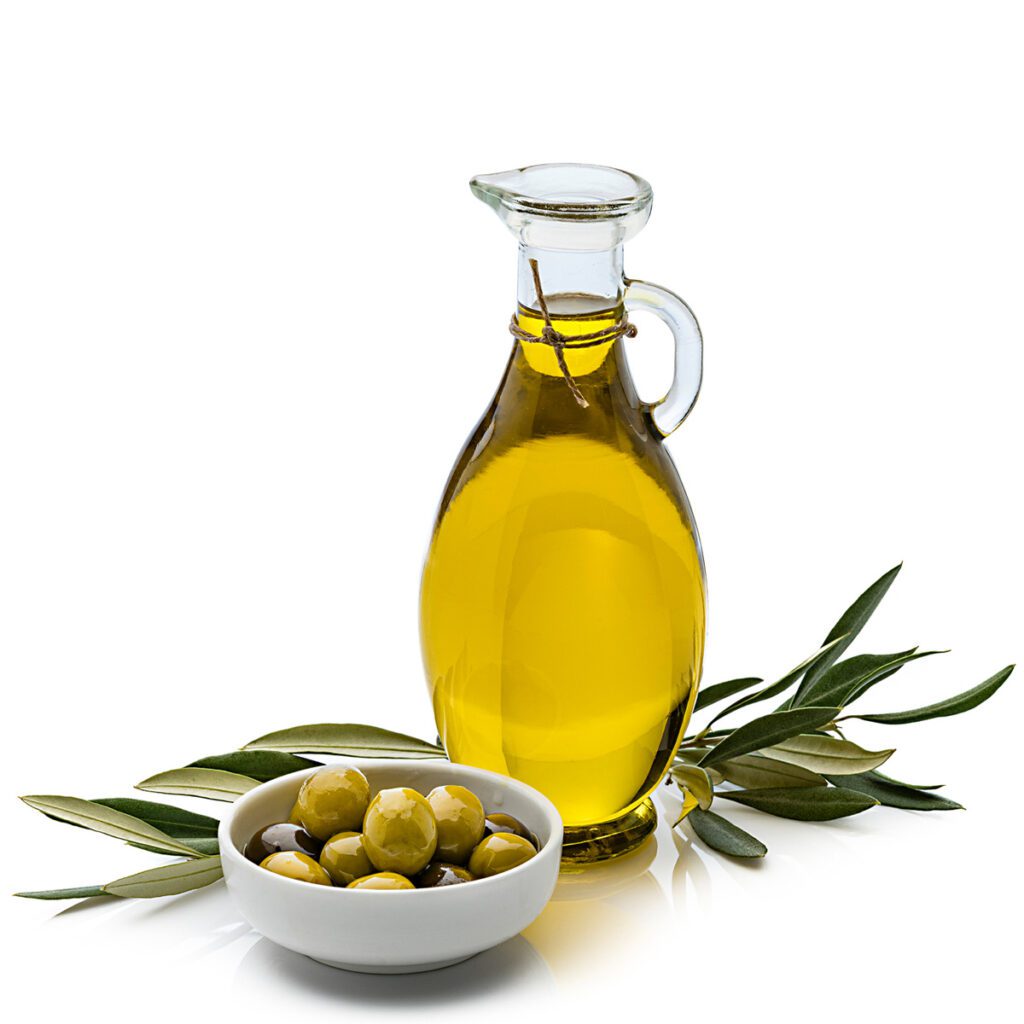When it comes to health benefits, not all oils are made equal. Here’s the skinny on which oils to skip and which to slather on.
We’ve long known that there are better alternatives than cooking with butter, lard, and shortening. But now with the vast selection of oils claiming to be the healthiest option, how do you know which is really best to use for sautéing, roasting, and reaching for a quick snack? Here’s the info you’ve been searching for.
Coconut Oil
Saying coconut oil is high in calories and saturated fat may be an understatement. It has more saturated fat than lard! If you’re looking for a low-cal option, pass this one up.
Olive Oil
Olive oil is rich in monounsaturated fatty acids, which are healthy fats. Adding olive oil to your diet can lower heart disease risks such as high cholesterol. If you’re working toward a weight loss goal, use olive oil in moderation as its calorie count can be high, and always use extra virgin.
Sunflower Oil

Sunflower oil is also a source of healthy unsaturated fats. As a cholesterol and sodium-free oil, it makes a great butter substitute, and it is rich in Vitamin E, which can strengthen your immune system.
Palm Oil
Palm oil is high in saturated fats (as much or more than butter), which can raise cholesterol. It’s usually found in packaged food, such as crackers and popcorn, so be sure to check your labels to avoid sneaky saturated fats.
Flaxseed Oil
The same heart-healthy omega-3 fatty acids that are found in fish are found in flaxseed oil, making it a great option for those watching their cardiovascular health. Keep it refrigerated and use it as a salad dressing, as heating it rids it of omega-3s.
Canola Oil
The Mayo Clinic recommends using canola oil when baking, as it is high in monounsaturated fat and low in saturated fat. Its high smoke point also makes it great for sautéing.
Peanut Oil
If you’re searching for a heart-healthy option, peanut-oil is a great choice. It contains natural antioxidants and can lower cholesterol, leading to reduced cardiovascular disease risk factors. To keep calorie count down, try not to use too much.
Corn Oil
Corn oil consists mostly of unsaturated fats, which can lower cholesterol, normalize blood clotting, and potentially improve insulin and blood sugar levels. Choose corn oil if your recipe calls for cooking at a high heat, as it can stand up to the temperatures better than other oils.

